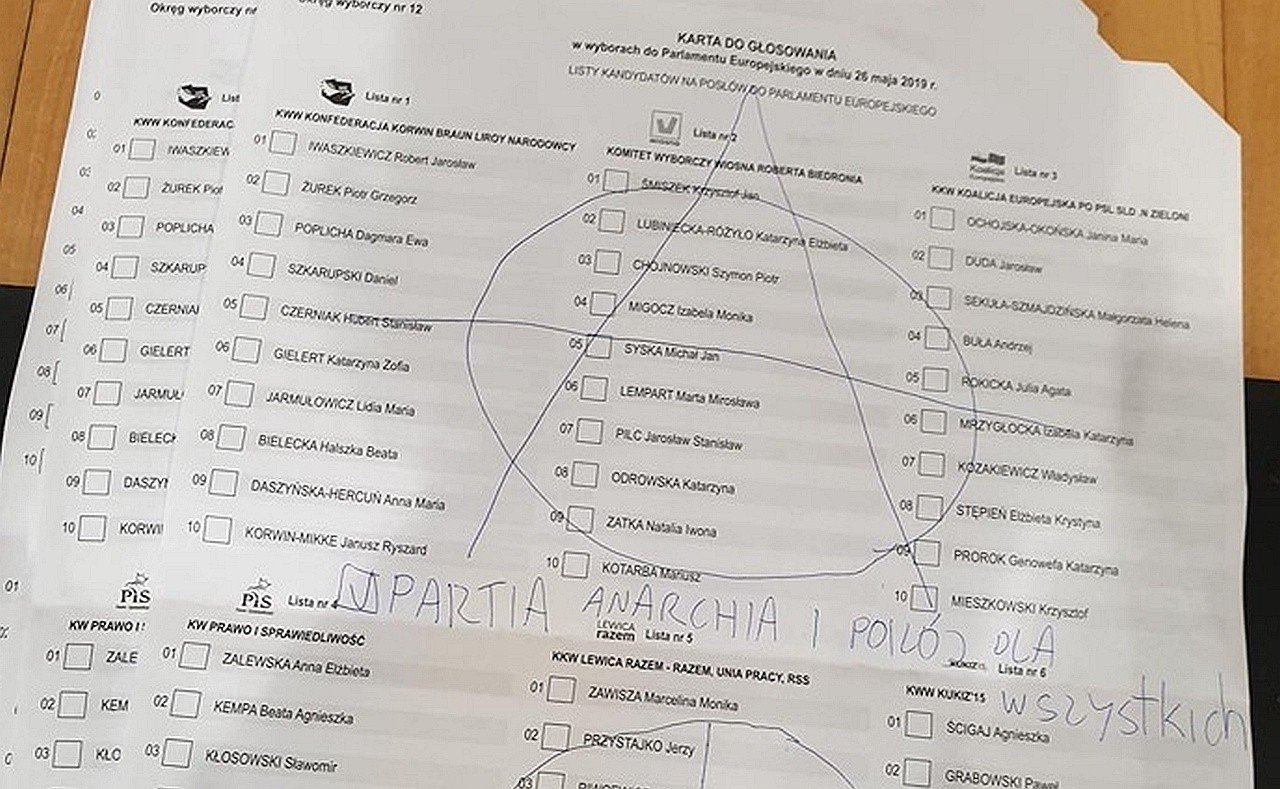naturalplastic wrote:
QFT wrote:
kraftiekortie wrote:
If a third-party candidate won the popular vote in that state, obviously the person would get its electoral votes. Read up on the 1948 election, as an example. A third-party candidate, Strom Thurmond, won almost all the Southern electoral votes.
I haven't heard of this before. So what was the third party that won?
Also, who were electoral college that represented them? Were they republican electors or democrat ones?
Electors are electors. They vote for whom the population of the state votes for. Doesnt matter about their own party affiliation. Or its not supposed to.
Strom Thurmond was a southern Democrat who formed his own party. It was nicknamed "the Dixiecrat Party". It died out after a couple of cycles but did have that moment in the sun. Similarly, a generation later, in 1968 segregationist governor of Alabama George Wallace ran a third party campaign for POTUS and got 14 percent of the popular vote, and won the electorial vote of five deep southern states.
There were instances when electors chose to vote for someone other than the person that got the popular vote of that state. In fact, even in 2016 election, one of the electors (I believe in DC but I might be wrong) voted for Colin Powel. Both Hillary and Trump had two or three electors that chose not to vote for them.
This being the case, the way election is set up is that they would pick electors from the party of the candidate that won the popular vote of that state. And then electors would "most likely" vote for that candidate because they are from that party -- although some might still choose not to, as shown above.
Which then bring up a question: why are there only two sets of electors for each of the two "main" parties, instead of having electors for each of the third parties, too?
And in the instances you described when third party won, which of the two sets of electors did the "manual job" of voting for them?









